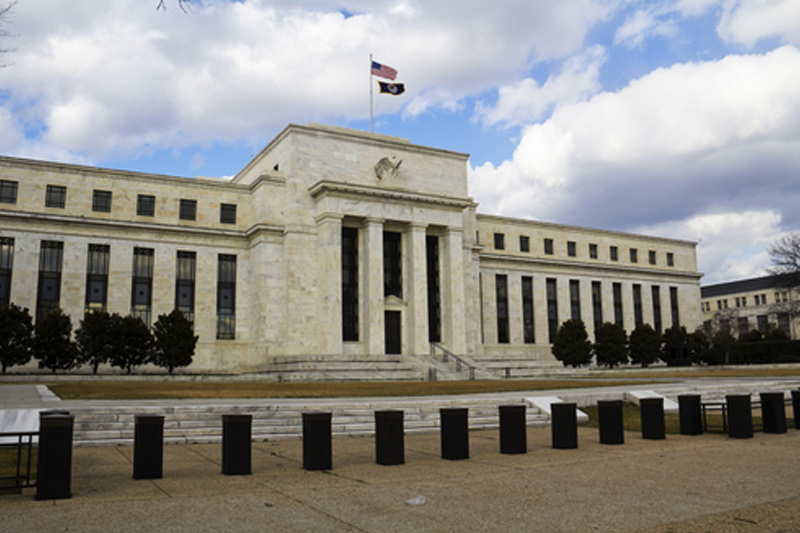(Bloomberg) -- The era of zero interest rates in the world’s major economies ended with the Federal Reserve’s decision to raise borrowing costs last week.
The average interest rate in developed economies weighted for output passed 1 percent for the first time since 2009, according to JPMorgan Chase & Co (NYSE:JPM). A similar gauge for the Group-of-10 economies compiled by Natwest Markets also touched that level.
The landmark, reached almost exactly a decade since the collapse of Lehman Brothers Holdings Inc. sent the world economy spiraling toward recession, underscores the gradual path that central banks around the world are taking away from their emergency policy settings.
There is a “glacial trend of monetary policy normalization,” Jim McCormick (NYSE:MKC), head of strategy at NatWest in London, said in a report to clients.
Much of the heavy lifting has been done in the U.S., where interest rates now stand at 2.25 percent, compared with near zero in Japan and the euro-area. In a year, JPMorgan still expects the average for developed economies to be 1.6 percent, around half a percentage point less than the average of 2005 to 2007.
The Fed is not totally alone in shifting. Rate hikes in Indonesia, the Czech Republic, Hong Kong and the Philippines last week pushed Natwest’s index for emerging-market policy rates to its highest since the gauge began in 2001.
Together, the five rate increases were the most in any week since records started in 2001, according to NatWest.
Still, economists at Bank of America Corp (NYSE:BAC). are advising investors not to be frightened by tighter monetary policy. They noted in a report issued at the end of last week that the balance sheets of the four main central banks will decline by just 4 percent by the end of 2020.
“We are worried about a lot of things -- trade wars and oil sanctions come to mind -- but we are not worried about quantitative tightening,” economists Aditya Bhave and Ethan Harris wrote.
